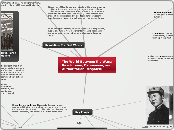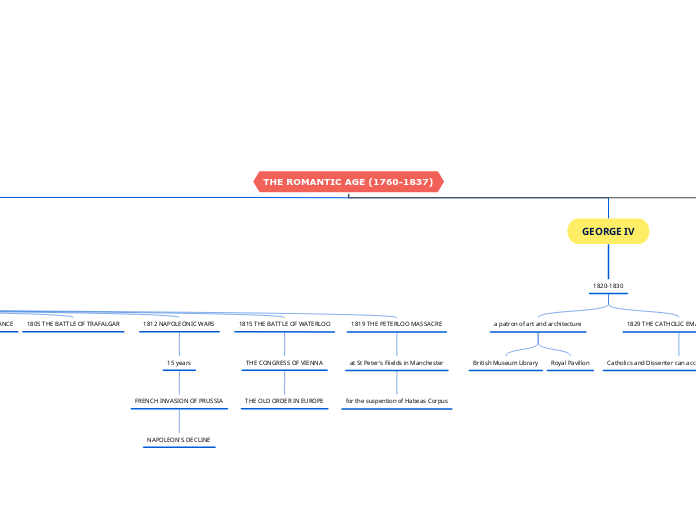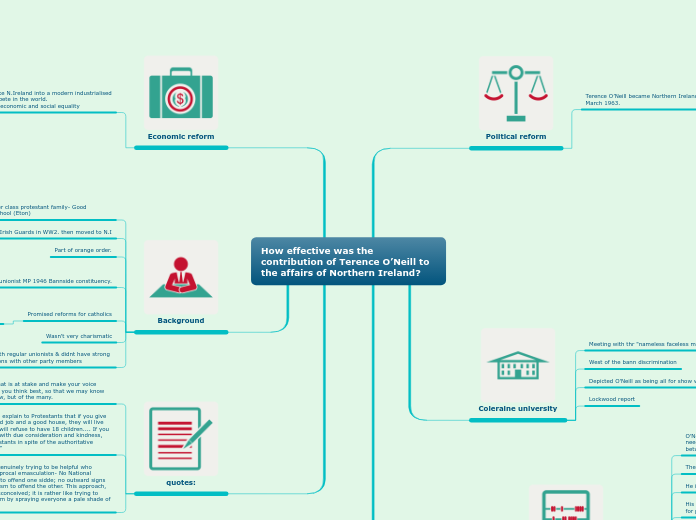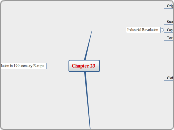by catherine poirier 13 years ago
388
C29: The 20 Year Crisis
During the early 20th century, China experienced a significant upheaval as various factions vied for control following the fall of the Qing Dynasty. Key players included warlords, middle-class politicians, Japanese forces, and eventually the Chinese Communist Party.









